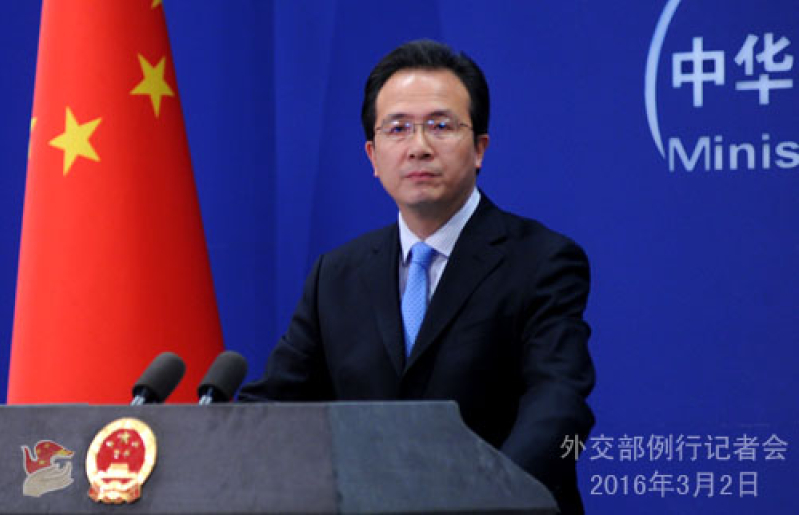
China has lodged a diplomatic protest with the U.S government after an American bipartisan federal body reported that violations of religious freedom in China last year is "severe."
Systematic egregious and ongoing abuses in China against Christians, Buddhists, Muslims and other sectarian groups are prevalent, said the report of the US Commission on International Religious Freedom.
Foreign Ministry spokesman Hong Lei refuted the report insisting China is giving full respect to religious practice and urged the U.S to view China's religious policy and its citizen's freedom of belief objectively.
The report urged the U.S State Department to re-designate China's government as the top-tier violator, along with eight other countries, including Myanmar, Iran, North Korea and Saudi Arabia.
China's pessimism towards religion was also indicated by President Xi Jinping when he urged for his country's vigilance against foreign infiltration through religion, firmly warning that religion should never interfere with the affair of the state.
It is also China's policy that all religious organization must submit to the leadership of the Communist Party.
The death of a wife of a pastor in a force demolition of Henan Church in Zhejiang Province also drew international outcry against the Chinese government.
Hong said China is resolutely opposed to the report, and "we demand the U.S. side to objectively and justly view China's religious policy".
He added the U.S should stop using religion as a ploy in interfering China's internal affairs and reflect on its own problems
Amid China's insistence on religious freedom, critics claimed that the officially atheist Communist Party recognizes only a handful of state-approved religions - Islam, Buddhism, Taoism, Catholicism, and Protestantism - followers of which must worship under the watch of patriotic religious associations.
Religious minorities, particularly Muslim Uighurs in China's western Xinjiang region and Buddhist Tibetans, chafe at strict government controls on their faith, which exiles and activists say have spurred social unrest and violence.
Hong insinuated the resistance to Communist Party's rule in Muslim and Buddhist communities was inspired by outside forces trying to split the country.







